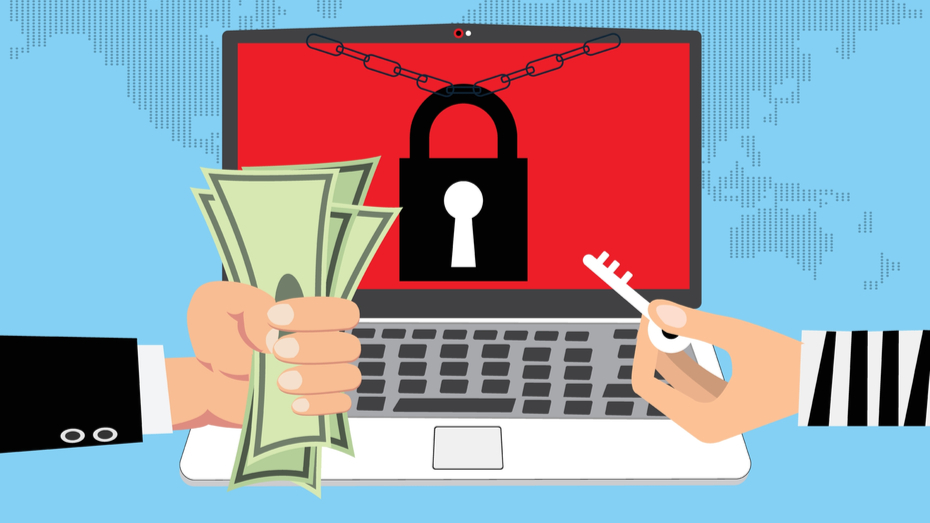Ethics in Banking and Business
Ethics has been a common topic in the news recently, and ethical issues have been at the forefront of business and banking for a number of years. At times it might seem like society has grown weary of these ongoing ethical dilemmas, but it is still likely that more problems involving ethics mean that there is still more to be learned from events that involve ethical questions. While banks do not have a monopoly on these matters, there are frequently higher built-in behavioral expectations for bankers that make their ethical lapses slightly more visible and controversial.
Whenever individuals are responsible for managing large amounts of money (as bankers clearly are), there can be temptations to take advantage of the situation. In many cases there are governing laws and regulations which prescribe what is legal, but ethical guidelines are often less formal and rigid. In fact, this lack of specificity is what often leads to an ethical dilemma in the first place. If a bank employee finds themselves asking questions like the following, we should not be surprised if what follows is later referred to as a teaching moment:
Should I tell anyone about this?
Is this really wrong?
Can I get into trouble by doing this?
Is this illegal or just unethical?
The final hypothetical question (Is it illegal or merely unethical?) involves a troubling distinction made by some when confronted by a grey area that is seemingly legal but still questionable. It is true that in some cases ethical violations can also be viewed as illegal, but many unethical acts might be technically legal. Within many companies and banks, it is not unusual for there to be a code of ethics covering many circumstances which are within the law but outside of desired company and banking behavior. Character traits are likely to influence how individuals act in any number of situations that are not spelled out in terms of what to do and what not to do. A relevant definition emerging from a recent scandal suggests that character is what you do when nobody is watching. There can be both good and bad ethics, and one way of determining which is the prevailing standard is by observing what people do when they do not think that anybody is looking over their shoulder.
There have been several banking events in the past 25 years that are usually described in terms of legal and ethical violations by multiple individuals and banks. Such mass ethics lapses are in a special class that deserve more detailed analysis and introspection than can be provided here. One of the best investigations into the ethics and other details of the savings and loan banking crisis was written by William Black and has the following title:
The Best Way to Rob a Bank Is to Own One: How Corporate Executives and Politicians Looted the S&L Industry
The savings and loan episode involved multiple examples of bankers taking advantage of a weak regulatory environment, and the factors behind the 2008 banking crisis had several striking similarities. There are many teaching moments that can hopefully help improve the future ethics environment for business and banking.




